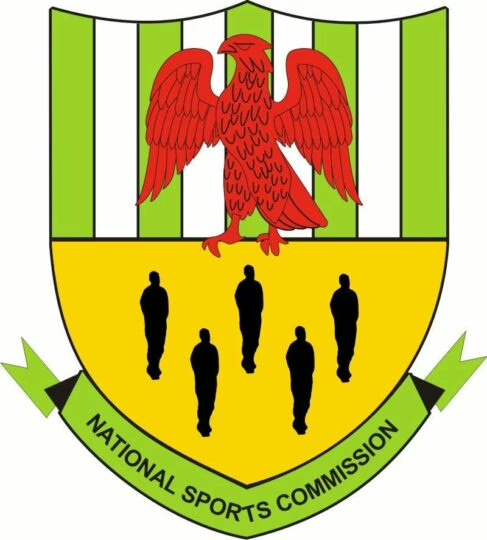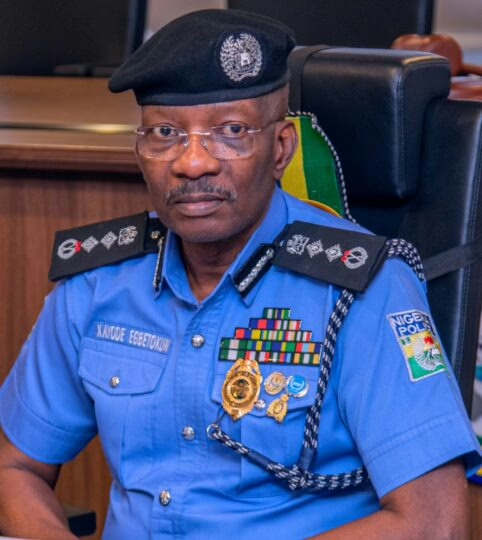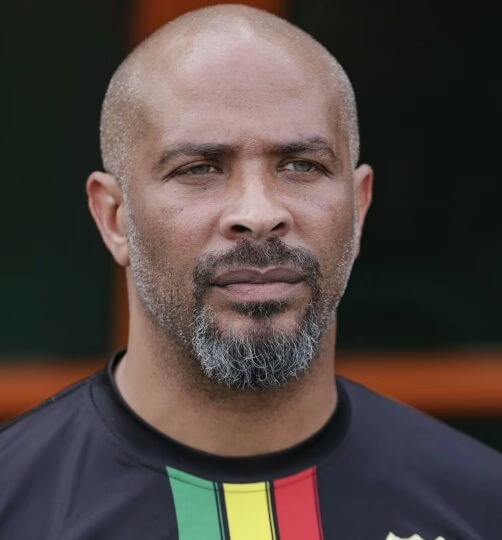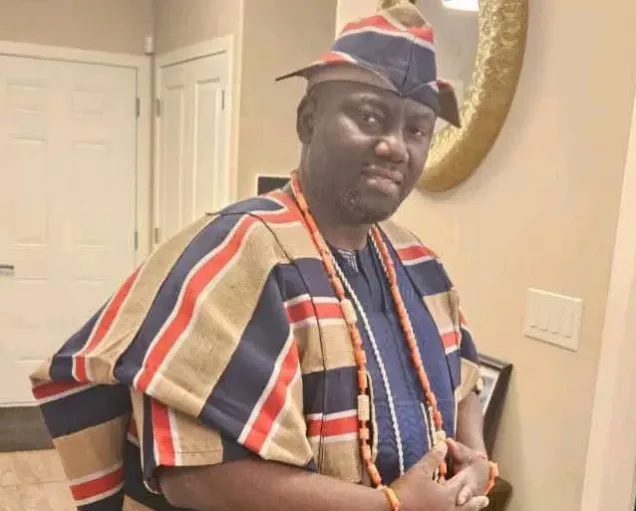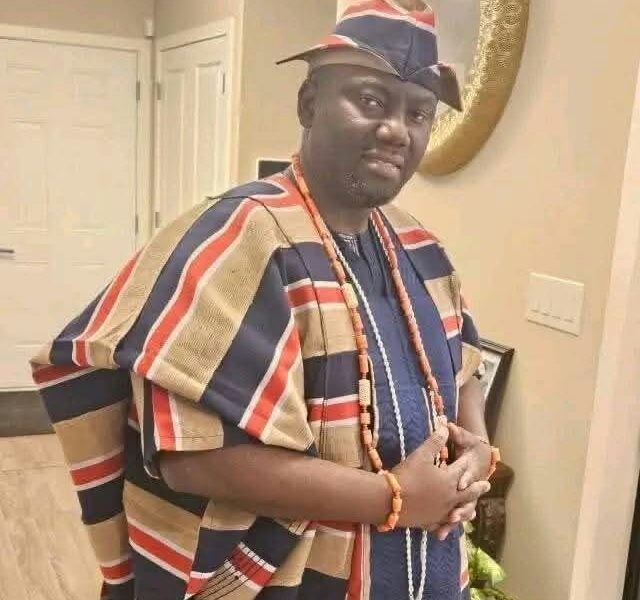The family of the leader of the Indigenous People of Biafra (IPOB), Nnamdi Kanu, has said that it is obvious that Kanu would not get a fair hearing in Nigeria.
Responding to the reported position of the Attorney General of the Federation (AGF) and Minister of Justice, Lateef Fagbemi, who said that only the court can decide Kanu’s fate, the IPOB leader’s family listed reasons Kanu’s trail has become impossible.
At the weekend, through Prince Emmanuel Kanu, the family reiterated the fact that the Court of Appeal Abuja had discharged Kanu, declaring arrest in Kenya and detention as unlawful and arbitrary.
Querying what has changed between the time the order of discharge was declared and today, to warrant Kanu’s continued trial, Kanu’s family argued: “What the AGF needs to bear in mind is that there seems to be a particular set or type of judge they want to hear this matter outside the protection of the rule of law, which will never happen in this case.
“We would like to refer the AGF to four critical laws in Nigeria, which make the Kanu’s trial impossible.
“Section 2 (3F) of the Terrorism Prevention & Prohibition Act 2022 states very clearly and unambiguously that any attempt to conduct a Kangaroo trial of a victim of kidnapping in defiance of the explicit provisions of the African Charter is committing an act of terrorism. This is a subsisting Nigerian law, which no amount of judicial somersault can overcome.
“Section 2 (3) (g) of the same Act makes the kidnapping of Kanu, as affirmed by the Supreme Court, an offence and an act of terrorism.”
For the avoidance of doubt, the Supreme Court explicitly called the act of the Federal Government of Nigeria criminal.
“We refer you once again to Section 15 of another Nigerian law known as the Extradition Act to the exclusion of any other law in Nigeria, which makes it very clear that in so far as Kanu is concerned, only a Kenyan court can certify any charges triable in Nigeria. This is universally known as the Doctrine of Speciality.”
Kanu’s family told the AGF that these laws, which were written in simple understandable English, were made and passed by the National Assembly of Nigeria, which is the only organ constitutionally charged with law making and not a court of law that interprets the laws made by lawmakers.
They asserted that no court can overturn these laws, as long as they are extant and subsisting, adding “We know there is an overwhelming financial incentive to secure the sham conviction of Kanu by every means necessary, even if it means the destruction of the basic foundations of common law criminal jurisprudence in Nigeria.”



